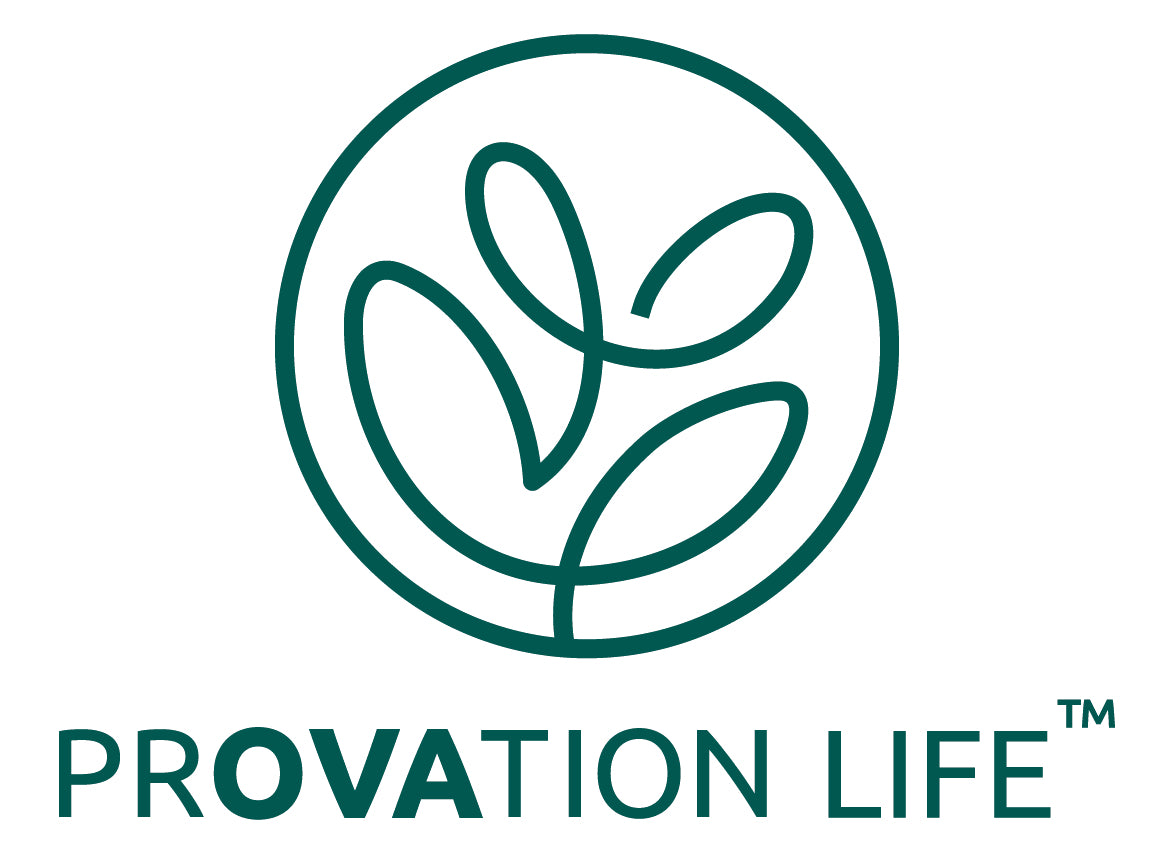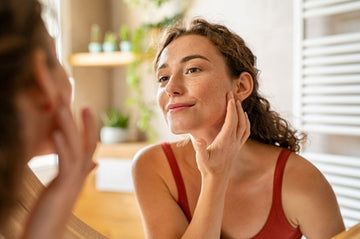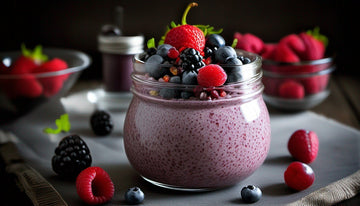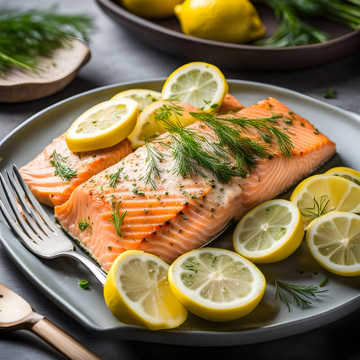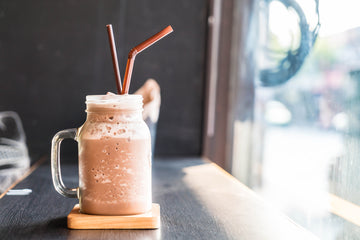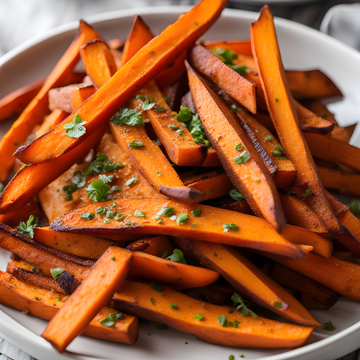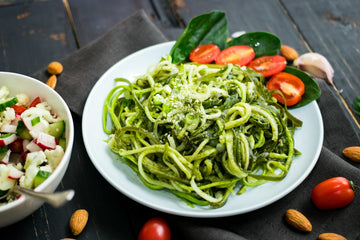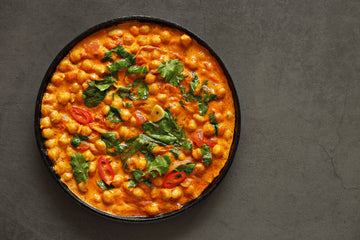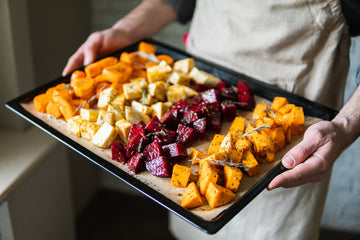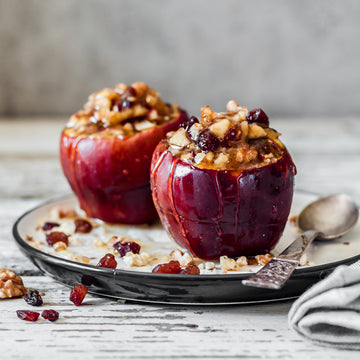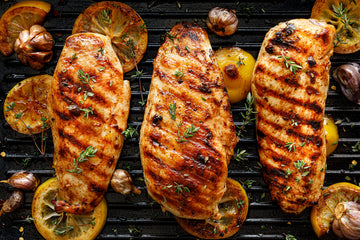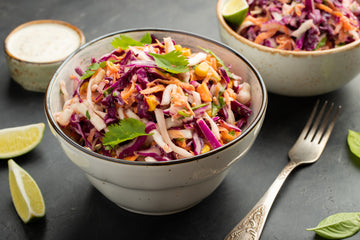Acne is one of the most common symptoms that women who have PCOS experience. Mild breakouts to more severe cystic acne can be extremely distressing in our appearance-focused culture. Many women have passed on social occasions or work events due to acne flare ups and it can really affect their self esteem.1 Women may spend hundreds of dollars trying out fancy skin care products and beauty procedures to try and improve their skin, but that can only address half of the equation. There are several external factors that can affect your skin, such as what makeup and beauty products you use, but healthy skin comes from having inner health as well. Let’s take a deeper look at what’s causing acne on the inside:
Acne in PCOS may be rooted in one or a combination of the following root causes:
- High androgen levels- Many women with PCOS have high levels of androgens, which are a class of sex hormones that include testosterone. High androgen levels are associated with increased acne.2 High androgen levels may increase production of a substance called sebum, which is the oily, waxy substance that coats our skin. In the right amount, sebum is healthy and protects our skin. But too much can clog your pores, which can lead to anything from a few pimples to more severe acne.
- High levels of inflammation- inflammation is a normal, healthy response when the body is injured or exposed to a virus, but chronic inflammation builds up from prolonged exposure to poor diet, stress, toxic exposure, and more. Chronic inflammation is nearly always present in women with PCOS and can trigger or exacerbate acne.
- Poor gut dysbiosis- when you have a compromised gut microbiome and poor digestion, you are not able to properly eliminate toxins from the body, which leads to more inflammation.
- Stress- unfortunately stress can also make acne worse3. Women with PCOS are already at risk for having higher stress levels, both due to the hormonal imbalances associated with PCOS, as well as the natural stress that comes from managing PCOS symptoms.
To help reduce your acne with PCOS, try out the following tips:
- Aim to eat at least 6 servings of fruits and veggies a day- these healing foods are packed with skin-nourishing vitamins and antioxidants that fight inflammation. Studies show that women who have a lower intake of fruits and veggies have more severe acne than women who eat more fruits and veggies.4 Aim to get a variety of colors and types of plants, and try to include at least one serving of leafy greens every day.
- Support your gut health by eating fibrous foods such as beans, lentils, squash, beets, chia seeds, flax seeds, and psyllium husk. Also include probiotic-rich foods to support your gut microbiome such as yogurt, apple cider vinegar, kefir, fermented veggies, sauerkraut, sourdough bread, tempeh, miso, and natto.
- Limit or avoid highly processed foods, fast foods, and industrialized seed oils like canola oil, vegetable oil, corn oil, and soybean oil. These “foods” contribute to inflammation and can trigger or exacerbate your acne.
- Practice stress management techniques every day. It doesn't have to take a long time, but a consistent stress management practice is one of the best things you can do for your overall health as well as skin health. Some of my favorite techniques that have been shown in research to reduce stress are meditation, breathwork, journaling, connecting with friends or family, moving your body, and spending time in nature.
Remember, you don’t have to make all of these changes at once! But pick one to focus on consistently and within a few weeks you will start to notice the benefits. Check out our recipes to get some great PCOS-friendly dishes that will keep you feeling full and support your skin health!
Let me know if any of these tips worked for you.
______
1. Tanghetti EA, Kawata AK, Daniels SR, Yeomans K, Burk CT, Callender VD. Understanding the burden of adult female acne. J Clin Aesthet Dermatol. 2014;7(2):22-30.
2. Ghosh S, Chaudhuri S, Jain VK, Aggarwal K. Profiling and hormonal therapy for acne in women. Indian J Dermatol. 2014;59(2):107-115. doi:10.4103/0019-5154.127667
3. Ganceviciene, R. et al. Involvement of the corticotropin-releasing hormone system in the pathogenesis of acne vulgaris. Br J Dermatol. 2009 Feb;160(2):345-52.
4. Di Landro A, Cazzaniga S, Cusano F, et al. Adult female acne and associated risk factors: Results of a multicenter case-control study in Italy. J Am Acad Dermatol. 2016;75(6):1134-1141.e1. doi:10.1016/j.jaad.2016.06.060
